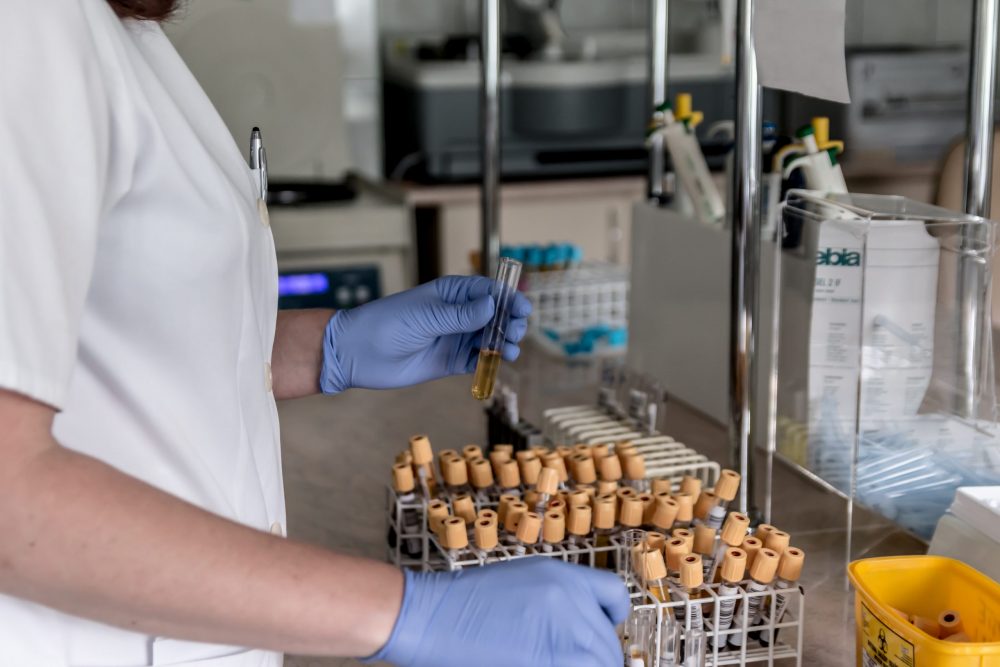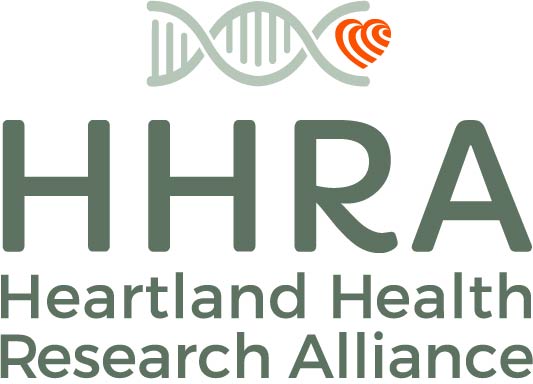One of the main sources of pesticide exposure is through the diet. It is critically…

HHRA Partners with CTQ Lab in Quebec
HHRA is pleased to announce a new partnership with the Centre de toxicologie du Québec analytical laboratory, or CTQ. This world-renowned lab will process biological samples collected through HHRA’s medical research on the public health implications of pesticide exposure. For example, urine samples from moms and babies enrolled in our flagship project The Heartland Study will soon be heading north to be tested for glyphosate, the most-commonly used herbicide in the US.
While our scientists had hoped to work with the Centers for Disease Control’s (CDC) main pesticide analytical lab in Atlanta for all HHRA and Heartland Study urine testing, COVID forced a change in plans. This CDC lab was shut down for many months and is only now returning to service. It faces a huge backlog in essential testing and cannot work any HHRA samples into its workflow for many months.
So our team explored other options and were fortunate to learn of the new herbicide-testing capabilities of CTQ, a new partner in the Heartland Health Research Alliance. The CTQ lab in Quebec serves many of the same functions in Canada as our CDC in the US. It has the world’s only vetted method that detects both glyphosate and its major metabolite AMPA, as well as another common herbicide, glufosinate, and its major metabolite.
CTQ is also going to work with us to develop a new method to measure 2,4-D and dicamba in Heartland Study urine samples. Exposures to these two high-risk herbicides are rising across the Heartland. Both have been linked to cancer and reproductive and developmental problems.
Our first shipment has just arrived at CTQ — about 580 samples of frozen urine from the nuMom2b Nested Case Control Cohort Study (nuNCCS). This research is “nested” within a larger, already completed study on first time moms and their babies.
We will measure herbicide levels in stored urine samples from the nuMoM2b study, allowing us to assess whether moms enrolled in this study with higher herbicide levels in their urine were at higher risk for adverse birth outcomes.
We are also collecting urine from moms and babies enrolled in The Heartland Study, and will be sending these samples to CTQ for analysis. We are excited for this new partnership as we work to improve analytical methods available for measuring human exposure to pesticides and lower the cost per sample tested. Progress is being made on both fronts thanks to the great team of analytical chemists at CTQ.



